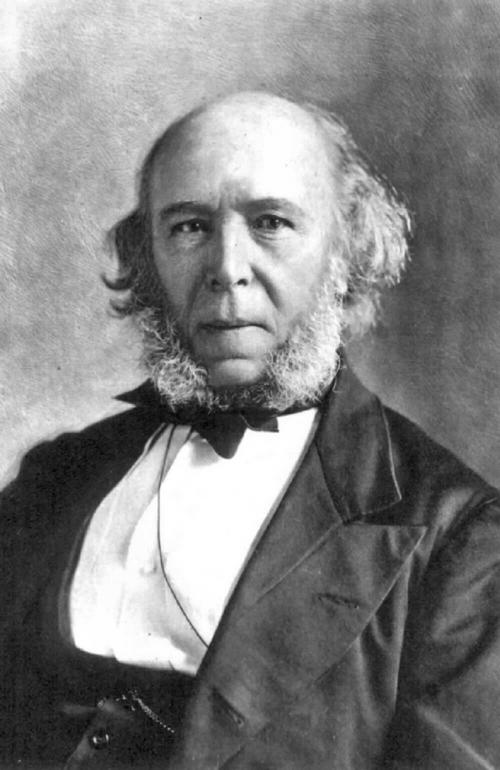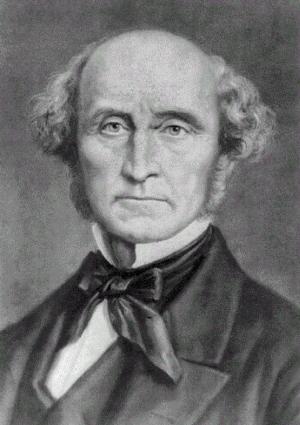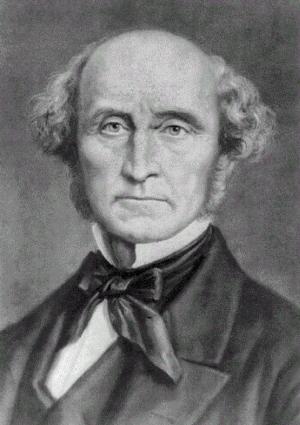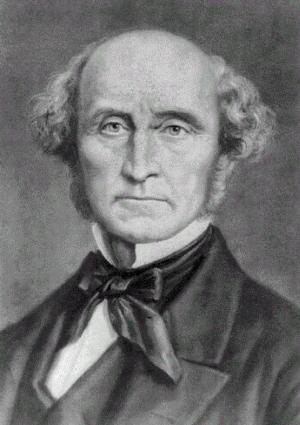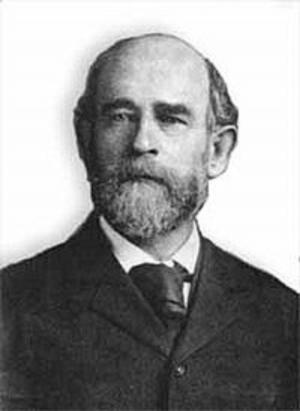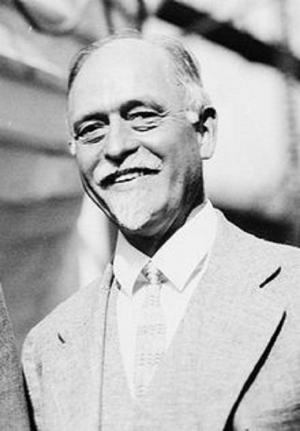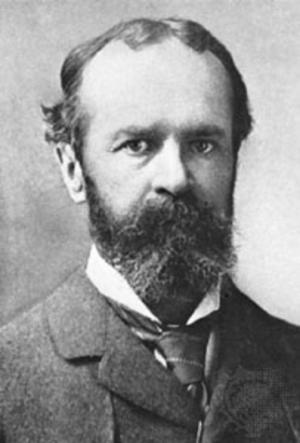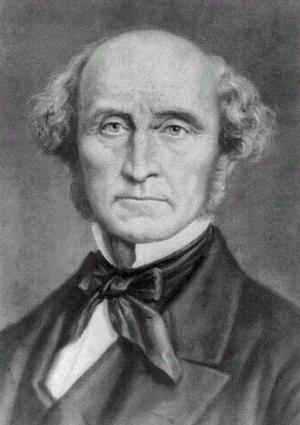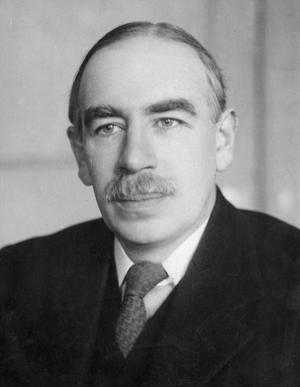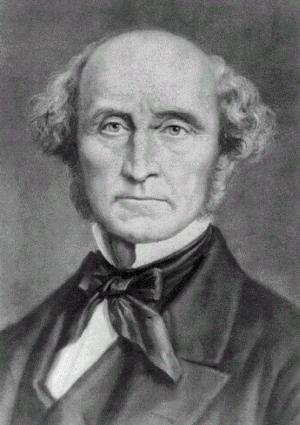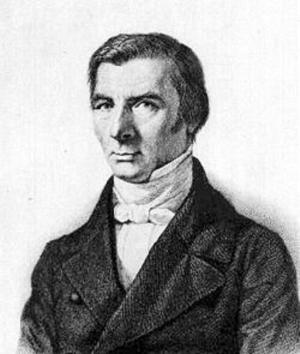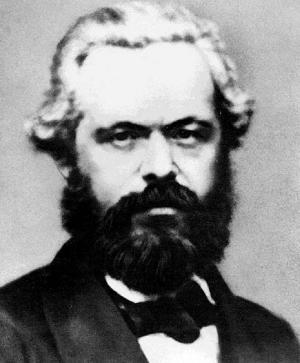Herbert Spencer and William James on the Principles of Psychology (Illustrated)
Business & Finance, Economics, Macroeconomics, Theory of Economics| Author: | Herbert Spencer | ISBN: | 1230000272336 |
| Publisher: | AS Team | Publication: | October 5, 2014 |
| Imprint: | Language: | English |
| Author: | Herbert Spencer |
| ISBN: | 1230000272336 |
| Publisher: | AS Team |
| Publication: | October 5, 2014 |
| Imprint: | |
| Language: | English |
The book has an active table of contents for readers to access each chapter of the titles:
1. The Principles of Psychology – Herbert Spencer
2. The Principles of Psychology – William James
Hebert Spencer coined the famous expression “survival of the fittest”.
Spencer’s theory inspired Andrew Carnegie and William Graham Sumner's visions of unbridled and unrepentant capitalism of the United States in late nineteenth-century. Carnegie interpreted Spencer's social theory as justifying merciless economic competition.
Spencer's reputation was not recovered for many years from the interpretative caricatures of many scholars, thus marginalizing him to the hinterlands of intellectual history. Fortunately, recent scholarship has begun restoring and repairing his legacy and theory.
The work in the book by William James were widely used by students of psychology.
William James influences on Psychology theory are as the follows:
1) Pragmatism
According to pragmatism, the truth of an idea can never be proven. James proposed we instead focus on what he called the "cash value," or usefulness, of an idea.
2) Functionalism
James opposed breaking down mental events to the smallest elements. Instead, James focused on the wholeness of an event, taking into the impact of the environment on behavior.
3) James-Lange Theory of Emotion
The James-Lange theory of emotion proposes that an event triggers a physiological reaction, which we then interpret. According to this theory, emotions are caused by our interpretations of these physiological reactions.
In addition to his influence on Psychology, William James' discussion of choice and rationality, as well as self-interest, made significant contributions to areas of concern in modern economic theory. Each of these themes is connected with aspects of relevant economic literature and is the contribution of James' pragmatism to economic theory.
This is a must book for readers who are interested in studying and correctly interpreting Spencer’s theory that can be simply coined by him as “survival of the fittest”. It is also for the readers to learn the deepest thoughts of psychology by Herbert Spencer and William James, two of the greatest thinkers of psychology on the planet.
The book has an active table of contents for readers to access each chapter of the titles:
1. The Principles of Psychology – Herbert Spencer
2. The Principles of Psychology – William James
Hebert Spencer coined the famous expression “survival of the fittest”.
Spencer’s theory inspired Andrew Carnegie and William Graham Sumner's visions of unbridled and unrepentant capitalism of the United States in late nineteenth-century. Carnegie interpreted Spencer's social theory as justifying merciless economic competition.
Spencer's reputation was not recovered for many years from the interpretative caricatures of many scholars, thus marginalizing him to the hinterlands of intellectual history. Fortunately, recent scholarship has begun restoring and repairing his legacy and theory.
The work in the book by William James were widely used by students of psychology.
William James influences on Psychology theory are as the follows:
1) Pragmatism
According to pragmatism, the truth of an idea can never be proven. James proposed we instead focus on what he called the "cash value," or usefulness, of an idea.
2) Functionalism
James opposed breaking down mental events to the smallest elements. Instead, James focused on the wholeness of an event, taking into the impact of the environment on behavior.
3) James-Lange Theory of Emotion
The James-Lange theory of emotion proposes that an event triggers a physiological reaction, which we then interpret. According to this theory, emotions are caused by our interpretations of these physiological reactions.
In addition to his influence on Psychology, William James' discussion of choice and rationality, as well as self-interest, made significant contributions to areas of concern in modern economic theory. Each of these themes is connected with aspects of relevant economic literature and is the contribution of James' pragmatism to economic theory.
This is a must book for readers who are interested in studying and correctly interpreting Spencer’s theory that can be simply coined by him as “survival of the fittest”. It is also for the readers to learn the deepest thoughts of psychology by Herbert Spencer and William James, two of the greatest thinkers of psychology on the planet.
